ARTICLE AD BOX
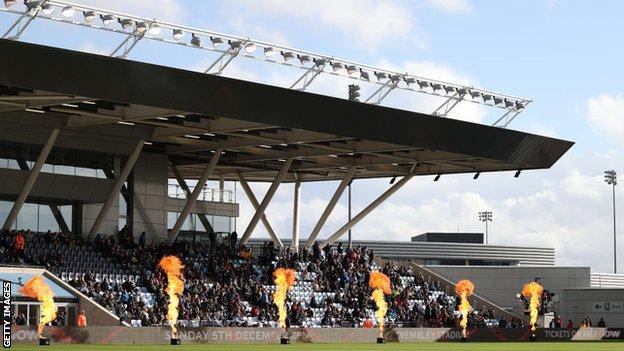 Only 1,342 attended Chelsea's FA Cup semi-final victory over Manchester City at the Academy Stadium last month
Only 1,342 attended Chelsea's FA Cup semi-final victory over Manchester City at the Academy Stadium last monthThe Football Association wants crowds in the Women's Super League to be three times bigger by 2024.
Attendances have decreased since before Covid-19 but a new broadcast deal has seen viewing figures increase hugely.
Prior to last weekend's round of matches, the average attendance across the league has dropped from "around 3,000" in 2020-21 to 2,282 this season.
But the FA hopes the average will increase to 6,000 in three years, which would be a sell-out for most clubs.
"Our priority in 2024 is to sell-out the [women's] stadiums that we are in," said the FA's director of the women's professional game Kelly Simmons.
"Pre-Covid we had some big crowds in the men's stadia then we were starting to sell-out some of the big games in the women's grounds.
"We want to continue that growth. When we get to the point when we start to sell-out more regularly [in women's grounds], it gives us a really nice problem where we will look at alternative stadiums or seek other options."
Simmons has been discussing the FA's latest three-year women's football strategy, which outlines plans for financial sustainability, growing audiences and producing and attracting world class talent.
When asked if there were concerns by the marginal decline in crowds, Simmons said they were aware of "some challenges".
"From the research we did around the Lionesses game at Wembley, we found there are still concerns among fans in terms of coming back to big live events and using public transport," she added.
"Fans have not been able to come to games for some time so we have to recreate that habit. We have a fantastic opportunity with Sky and the BBC to build that awareness and sign-post fans back."
Some grounds in the WSL do not currently have the capacity to hold 6,000 fans but Simmons said the FA will work with individual clubs to achieve their goal.
Increasing female coaches within the WSL
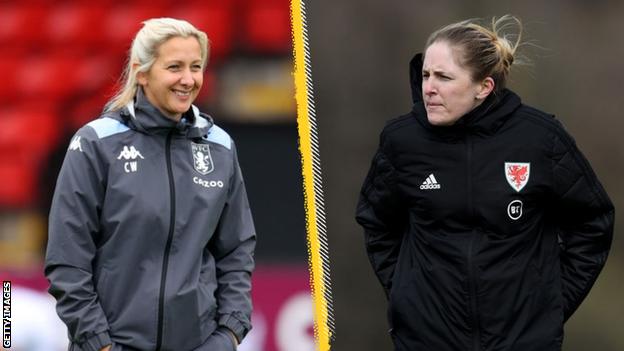 Carla Ward (left) and Gemma Grainger (right) are among those on the FA's coaching mentoring scheme
Carla Ward (left) and Gemma Grainger (right) are among those on the FA's coaching mentoring schemeAnother target for the FA is to achieve a 50% ratio of male and female coaches within the WSL.
Of the 12 clubs currently in the WSL, seven are managed by men, while half of the Women's Championship clubs employ female head coaches.
"At one point last year we were at 50-50 then we slipped down slightly into a male majority in the WSL," said Simmons. "All we can do is improve the pipeline of female coaches and give them the best chance to succeed.
"There's lots of work going on behind the scenes to make sure we give those women the best chance. When you look at World Cups and European Championships, a lot of women have been very successful in global women's football."
The FA are currently running a mentoring programme for elite female coaches within the game, with Wales boss Gemma Grainger and Aston Villa manager Carla Ward among those involved.
Improving diversity & becoming a 'world leader'
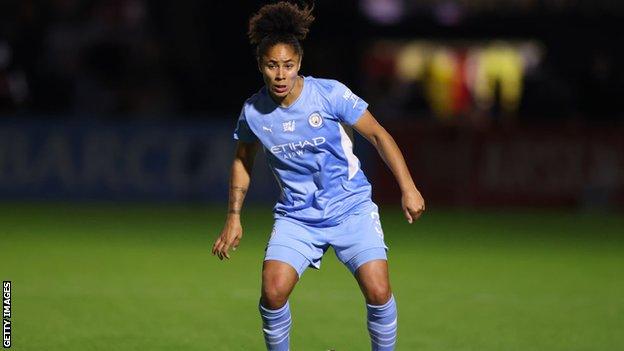 Manchester City and England defender Demi Stokes is one of the most high-profile players in the country
Manchester City and England defender Demi Stokes is one of the most high-profile players in the countryThe FA said it will monitor the number of players from minority ethnic groups coming through in girls' academies and regional training centres.
They hope to diversify the grassroots pool as part of the focus on "producing world-class talent".
There is much less representation from black, Asian and minority ethnic (BAME) players in the England women's team than in the men's, with nine players of a BAME background in the current men's squad compared to three in the most recent women's squad.
"We've been working with some pilot clubs around the country," said Simmons. "It's about how many, and where, the locations are and how we make sure it's accessible for all girls.
"Because of budgets, we tend to put the academies in the leafy suburbs and it's not the most accessible for inner cities. Early in the new year we'll be making some announcements."
Another ambition is to ensure the WSL is financially sustainable within five years.
The FA have openly welcomed offers from external organisations to run the league and are continuing to explore commercial partnerships - the latest sponsorship deal with Barclays is close to its expiration so a new deal is due to be announced.

- The vampires got a promotion! What We Do In The Shadows season three streaming now on BBC iPlayer
- Guilty clients and a nutty boss: BBC Two comedy starring IT Crowd's Katherine Parkinson


 3 years ago
56
3 years ago
56

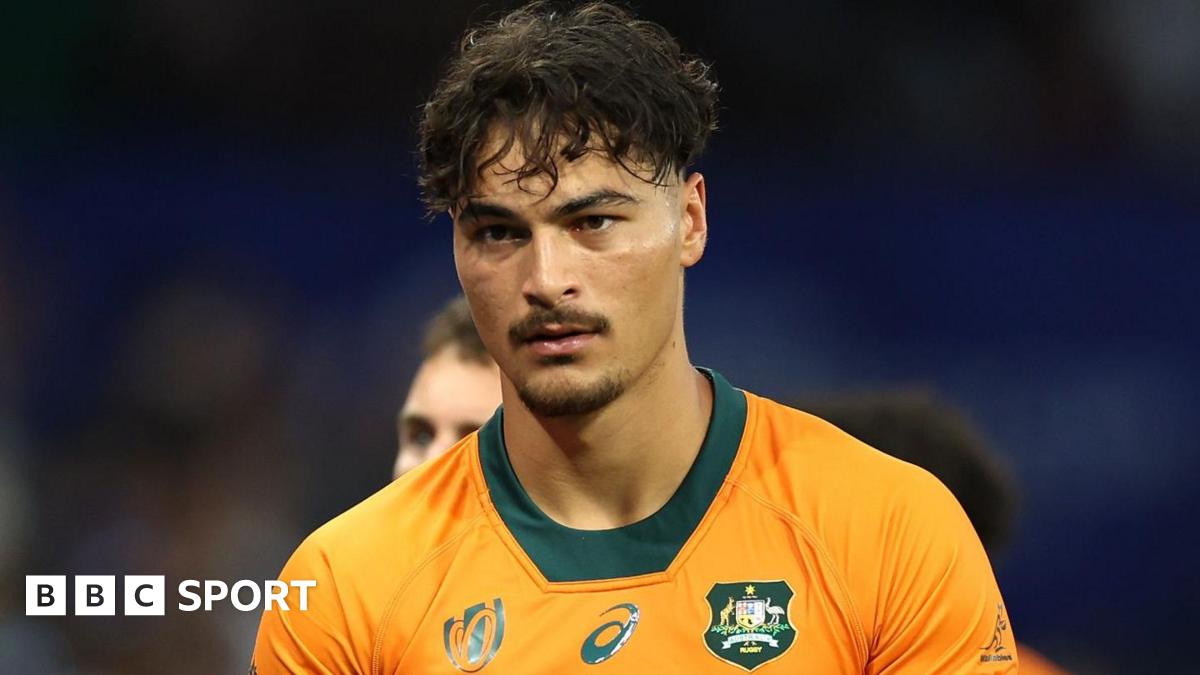
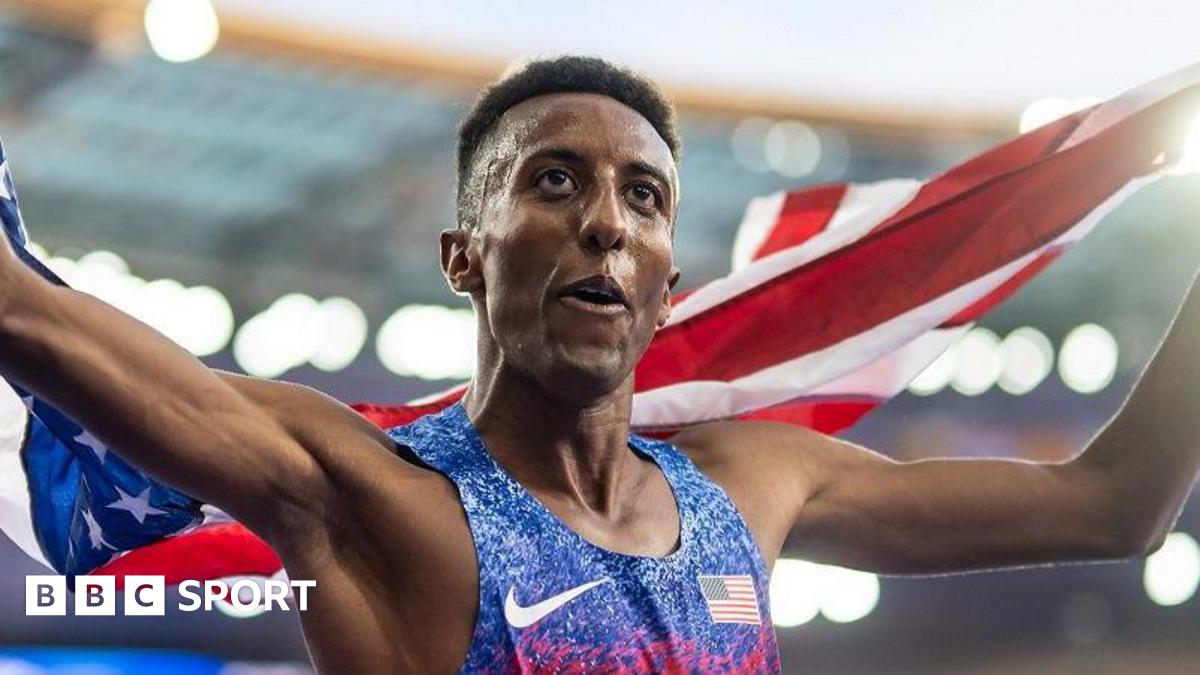





 English (US) ·
English (US) ·